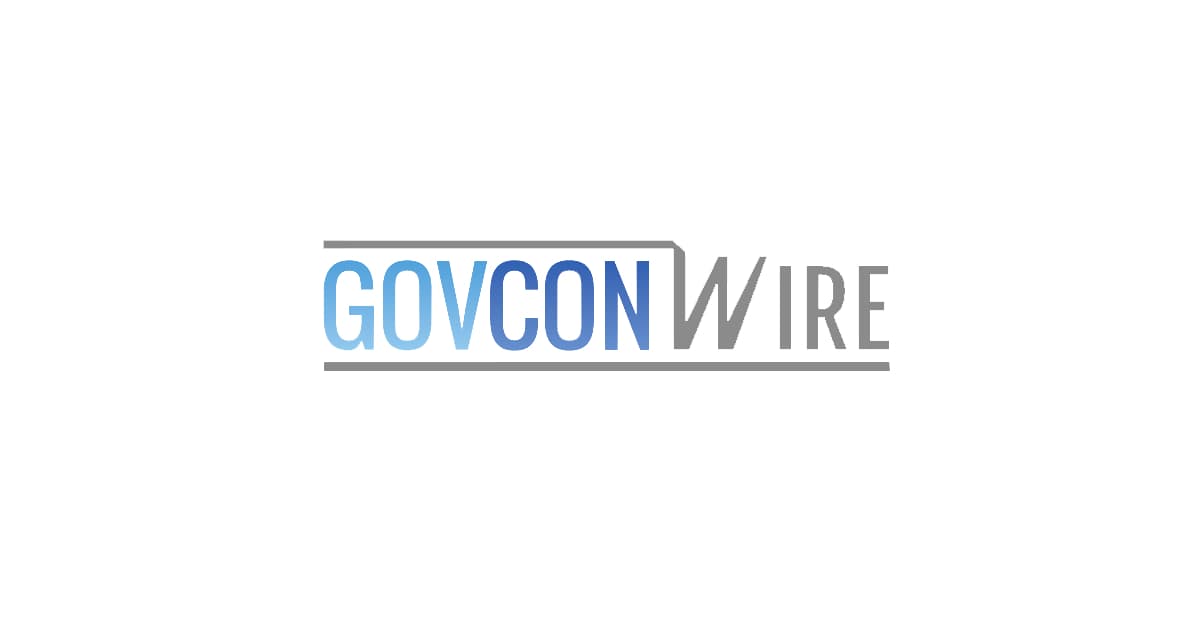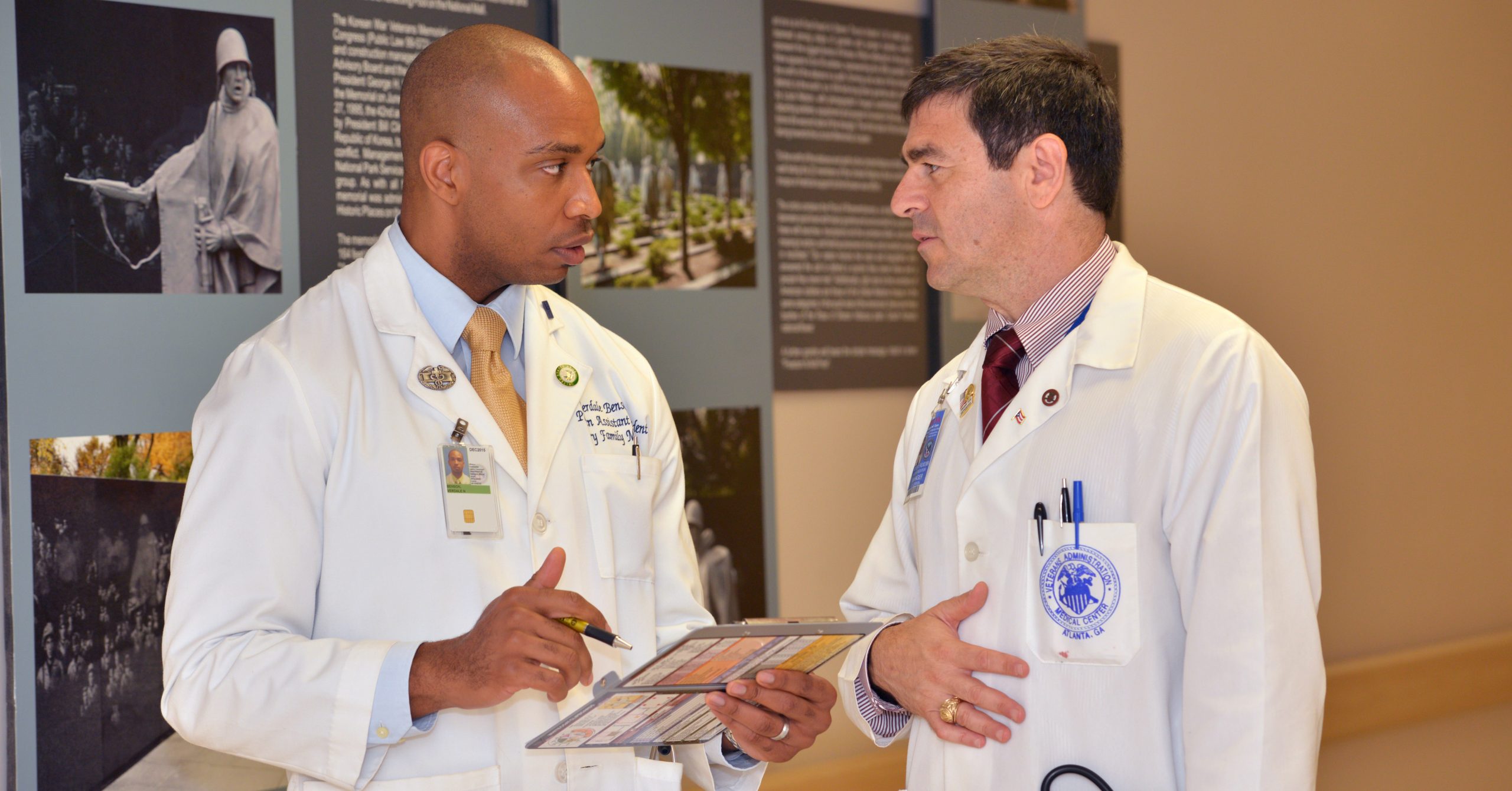- Joined
- Aug 20, 2006
- Messages
- 609
- Reaction score
- 56
(Also posted to American Society of Anesthesiologists [ASA] open forum. Everyone should immediately go to the Safe VA Care web site: American Society of Anesthesiologists and send a message to the VA during this limited comment window.)
As a U.S. veteran who resigned my regular commission after 19 years of total active duty service (11 as an anesthesiologist after eight years of training within the military system; 15 years toward retirement due to DOPMA changes in USUHS rules which took effect the year I started), I wholeheartedly commend the ASA for speaking out against the proposed VA rule that would neutralize the role of anesthesiologists in the anesthesia care team, and thereby endanger patient safety.
How do I know it would endanger patient safety? I was the "Medical Director of Anesthesia" under the command of a CRNA anesthesia element leader when the civil war between anesthesiologists and CRNAs broke out at Travis AFB, CA in October, 1998. This was the direct result of the Air Force's decision in 1993 to make all command billets corps neutral under the infamous “Objective Medical Group”.
Simply put, this policy sea change meant that nurses could now command physicians, CRNAs could command anesthesiologists, and optometrists could command ophthalmologists. More importantly, it authorized CRNAs to practice completely independently for the first time, in violation of the decades-old collaborative Anesthesia Care Team model with anesthesiologist leadership.
The result was nothing short of disastrous. The Air Force went from staffing 4-5 anesthesiologists per day to cover 8 operating rooms, pediatric sedation for MRI/CT/GI, other radiology procedures, and a busy OB suite, to one. The Air Force Instruction was changed so that it was left up to the CRNA to decide if she felt like "consulting" her consultant anesthesiologist about any case perioperatively, regardless of ASA physical status. Because of sheer poor planning and failure to retain or recruit anesthesiologists, as well as escalating deployments overseas, there was now often only one anesthesiologist available at Travis after 2001 as a consultant...often at home post-call, rather than in house.
This situation resulted in the deaths or brain damage of several young active duty members when no physician anesthesiologist was available to rescue them from airway disasters, etc. Because of the Feres doctrine, active duty were prevented from suing the government for malpractice, so the money saved by hiring CRNAs instead of expensive anesthesiologists continues to be a fine selling point for zeroing out the end strength of anesthesiologists on active military duty.
This tragic situation continues to this day in every branch of the U.S. armed services. Anesthesiologists are not only incorrectly subordinated to surgeons on the org charts; they can also be subordinated to CRNAs or just plain nurses or medical service corps officers with zero anesthesia training. Anyone who speaks out against this system as a patient safety advocate is subject to the full weight of military reprimands and career-killing negative officer evaluations. Speaking truth to power is a recipe for career suicide in the U.S. military, which expects "Ma'am, yes Ma'am" rather than a scientific discussion of rational anesthesia care team policy. Thus, the retention rate of mid-grade anesthesiologists after their mandatory service period concludes approaches zero.
Here's a fun fact: the current Surgeon General of the Air Force is a nurse (mainly because 99% of physicians run away when their educational payback is finished). They evidently could not find one physician with enough brass on her shoulders to fill that role in the year 2020…or did not care to try.
I hope that, after the ASA leadership lends its political and financial support to overturning the proposed VA rule, it carefully consider the tragic circumstances faced by our millions of active duty, retirees, and dependents at Military Treatment Facilities worldwide which have ditched anesthesiologists and the Anesthesia Care Team in favor of CRNAs acting completely independently. Just as we veterans deserve to have an anesthesiologist involved in our perioperative care, so also do our active duty troops, their dependents, and honored retirees.
--
Rob Jones, M.D.
Ex-LtCol, USAF, MC
Ex-Medical Director of Anesthesia, Travis AFB, CA
Ex-Assistant Chief Anesthesiologist, Andrews AFB, CA
OEF Anesthesiologist, 39th EMEDS, Incirlik AB, Turkey (2002)
Harvard '85 (ROTC Det. 365); USUHS '90; WHMC Anesthesiology '94
(MedicalCorpse.com is still on hiatus. That may change in the near future.)
(Returning after 8 or so years away. I appreciate the folks who asked for me to return a while back. Beware of what you ask for, it is written, because you might get it.)
As a U.S. veteran who resigned my regular commission after 19 years of total active duty service (11 as an anesthesiologist after eight years of training within the military system; 15 years toward retirement due to DOPMA changes in USUHS rules which took effect the year I started), I wholeheartedly commend the ASA for speaking out against the proposed VA rule that would neutralize the role of anesthesiologists in the anesthesia care team, and thereby endanger patient safety.
How do I know it would endanger patient safety? I was the "Medical Director of Anesthesia" under the command of a CRNA anesthesia element leader when the civil war between anesthesiologists and CRNAs broke out at Travis AFB, CA in October, 1998. This was the direct result of the Air Force's decision in 1993 to make all command billets corps neutral under the infamous “Objective Medical Group”.
Simply put, this policy sea change meant that nurses could now command physicians, CRNAs could command anesthesiologists, and optometrists could command ophthalmologists. More importantly, it authorized CRNAs to practice completely independently for the first time, in violation of the decades-old collaborative Anesthesia Care Team model with anesthesiologist leadership.
The result was nothing short of disastrous. The Air Force went from staffing 4-5 anesthesiologists per day to cover 8 operating rooms, pediatric sedation for MRI/CT/GI, other radiology procedures, and a busy OB suite, to one. The Air Force Instruction was changed so that it was left up to the CRNA to decide if she felt like "consulting" her consultant anesthesiologist about any case perioperatively, regardless of ASA physical status. Because of sheer poor planning and failure to retain or recruit anesthesiologists, as well as escalating deployments overseas, there was now often only one anesthesiologist available at Travis after 2001 as a consultant...often at home post-call, rather than in house.
This situation resulted in the deaths or brain damage of several young active duty members when no physician anesthesiologist was available to rescue them from airway disasters, etc. Because of the Feres doctrine, active duty were prevented from suing the government for malpractice, so the money saved by hiring CRNAs instead of expensive anesthesiologists continues to be a fine selling point for zeroing out the end strength of anesthesiologists on active military duty.
This tragic situation continues to this day in every branch of the U.S. armed services. Anesthesiologists are not only incorrectly subordinated to surgeons on the org charts; they can also be subordinated to CRNAs or just plain nurses or medical service corps officers with zero anesthesia training. Anyone who speaks out against this system as a patient safety advocate is subject to the full weight of military reprimands and career-killing negative officer evaluations. Speaking truth to power is a recipe for career suicide in the U.S. military, which expects "Ma'am, yes Ma'am" rather than a scientific discussion of rational anesthesia care team policy. Thus, the retention rate of mid-grade anesthesiologists after their mandatory service period concludes approaches zero.
Here's a fun fact: the current Surgeon General of the Air Force is a nurse (mainly because 99% of physicians run away when their educational payback is finished). They evidently could not find one physician with enough brass on her shoulders to fill that role in the year 2020…or did not care to try.
I hope that, after the ASA leadership lends its political and financial support to overturning the proposed VA rule, it carefully consider the tragic circumstances faced by our millions of active duty, retirees, and dependents at Military Treatment Facilities worldwide which have ditched anesthesiologists and the Anesthesia Care Team in favor of CRNAs acting completely independently. Just as we veterans deserve to have an anesthesiologist involved in our perioperative care, so also do our active duty troops, their dependents, and honored retirees.
--
Rob Jones, M.D.
Ex-LtCol, USAF, MC
Ex-Medical Director of Anesthesia, Travis AFB, CA
Ex-Assistant Chief Anesthesiologist, Andrews AFB, CA
OEF Anesthesiologist, 39th EMEDS, Incirlik AB, Turkey (2002)
Harvard '85 (ROTC Det. 365); USUHS '90; WHMC Anesthesiology '94
(MedicalCorpse.com is still on hiatus. That may change in the near future.)
(Returning after 8 or so years away. I appreciate the folks who asked for me to return a while back. Beware of what you ask for, it is written, because you might get it.)
Last edited:




